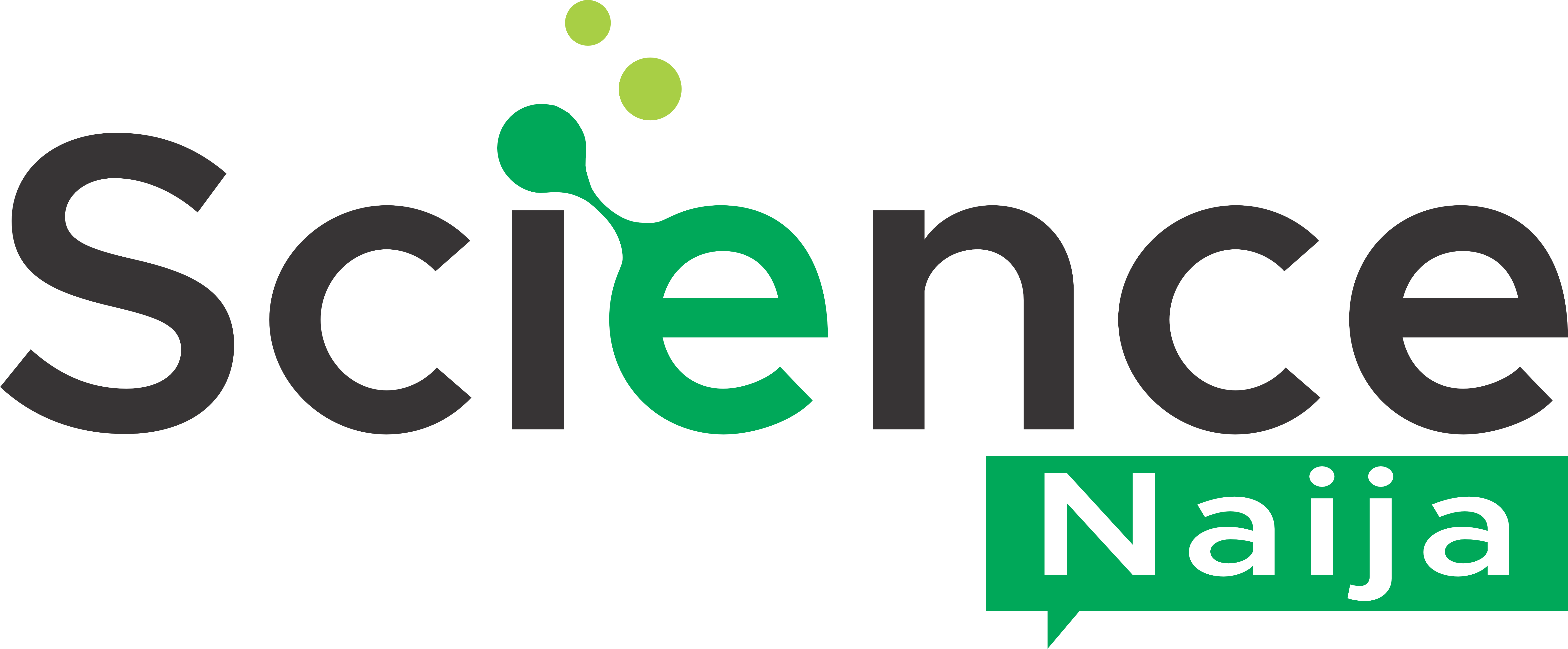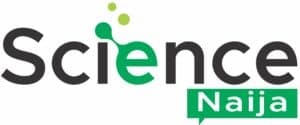Nearly half of the world’s population suffers from untreated dental caries, edentulism, or periodontitis, yet these conditions are often neglected as public health issues. In Nigeria, awareness is low, and only 25% of the population utilizes dental services. National data on oral diseases is sparse, but estimates indicate that 8-15% of Nigerians suffer from oral diseases, with dental caries affecting 4-30% and often going untreated in 90% of cases. Periodontal diseases impact 15-58% of adults.
The COVID-19 pandemic has worsened existing disparities in oral health care, especially in rural areas. Nigeria’s oral health system, part of the broader health system, struggles with effectiveness and resource allocation, leaving many without affordable care. The integration of oral health into Primary Health Centers (PHCs) has been slow due to resource constraints.
Achieving optimal oral health service delivery in Nigeria is important for improving the overall oral health status of the population. Comprehensive, safe, and effective oral health services are necessary for all Nigerians.
Current State of Oral Health Services
Oral health care delivery in Nigeria is managed by the public sector through tertiary, secondary, and primary tiers of the Nigerian Health System, with significant contributions from the private sector. However, these services are primarily curative and rehabilitative.
Public dental services, mainly provided by state government-owned dental clinics, serve the majority of the population, while the private sector has a higher number of clinics but serves fewer patients due to cost concerns. Most dental clinics, whether public or private, are located in urban areas and in the southern part of the country.
Challenges
Despite the 2012 National Oral Health Policy aiming for at least 50% of Primary Health Care Centers to be staffed with dental professionals, quality and comprehensive oral health services remain inaccessible for many Nigerians due to the uneven distribution of health facilities and personnel.
To address these disparities, experts recommend establishing dental clinics in all local government areas and fostering public-private partnerships to equip health facilities with necessary resources.
In Southern Nigeria, dental clinics are scarce in rural locations, with only one public and three private facilities serving over 417,000 people. The situation is more dire in Northern states, where a single clinic may serve a population of 4 million, necessitating long travel distances for dental care.

Addressing these inadequacies requires decentralizing oral health services to make them locally accessible, thereby reducing the cost and travel burden on patients.
Recommendations for Optimal Oral Health Service Delivery in Nigeria
1. Integration with Primary Health Care
Integrating oral health care with the existing Primary Health Care (PHC) system is essential for delivering patient-centered dental care. Health workers in Lagos show a favorable disposition towards this integration, shifting the focus from curative and surgical approaches to promoting overall health and well-being.
Leveraging opportunities such as World Oral Health Day can increase awareness and promote integrated health care delivery, improving both general and oral health outcomes.
2. Dental Products and Technologies
Ensuring the equitable distribution of dental products and technologies is crucial for effective dental practice, especially in remote communities. Current policies mainly focus on tertiary hospitals, leaving secondary and primary health tiers in need of similar legal frameworks for procuring essential dental equipment.
3. Oral Health Information System
Reliable data on national oral health status is lacking in Nigeria, with most information coming from hospital-based research or small-scale surveys. A robust national oral health information system is needed to generate representative data on oral health status, determinants, and system performance. This system should be integrated with broader health surveys and supported by strategic research and funding.
4. Workforce Development
A well-trained oral health workforce is vital for Nigeria’s growing population of over 206 million people. However, the dentist-to-population ratio is low, with the highest concentration of dental professionals in the southwestern region.
Training dentists is a rigorous six-year process, predominantly carried out in the southern part of the country, leading to regional disparities in service availability. Moreover, the output of trained dentists is insufficient to meet the overall population’s needs.
There is a notable preference among dental students for specialties like maxillofacial surgery over public health dentistry, indicating a need to attract more practitioners to preventive and promotive oral health roles.
Expanding the roles of dental auxiliary staff and ensuring their widespread distribution can help address the demand-supply gap in underserved communities.
5. Oral Health Financing
Financial protection is critical for meeting oral health needs in Nigeria. Current government funding is insufficient, with limited oral health services covered by social health insurance. Reviewing and expanding the benefit package to include more comprehensive oral health services can help reduce out-of-pocket expenses and improve access to care.
6. Leadership and Governance
Effective governance is essential for a strong oral health system. The Dentistry Division of the Federal Ministry of Health oversees policy implementation and ensures quality oral health care. Adapting national policies at the state level and developing specific policies for oral diseases can enhance service delivery and integration with primary health care.
7. Community Participation
Engaging communities in oral health program planning and delivery is fundamental for addressing disparities and improving service utilization. Community participation fosters shared responsibility and ownership, leading to sustainable health outcomes. Innovative approaches like mobile dental clinics and school-based programs can promote oral health awareness and service uptake.
Related: Mental Health Awareness and Stigma Reduction in Nigeria
Bottom Line
Enhancing oral health service delivery in Nigeria requires addressing regional disparities, integrating services with primary health care, developing a robust workforce, improving data collection systems, ensuring equitable distribution of dental products, and fostering community participation.
Effective leadership and adequate financing are essential to achieving these goals and improving the overall oral health status of the Nigerian population.



